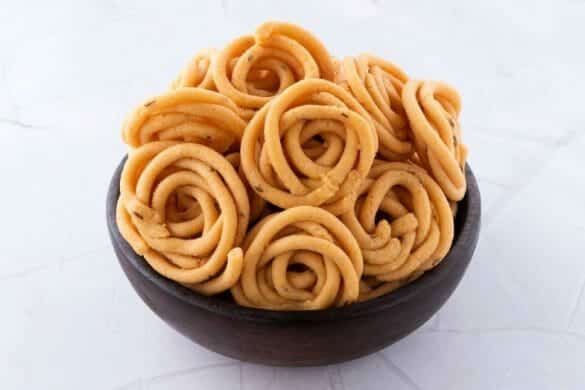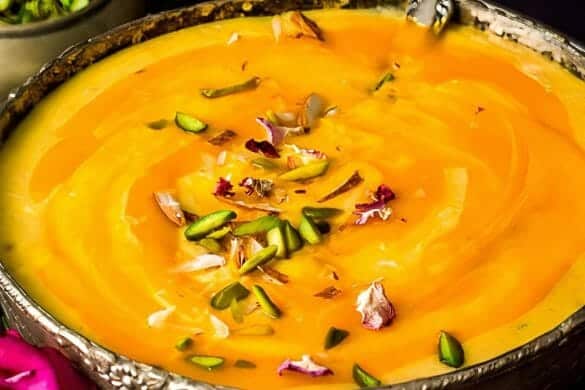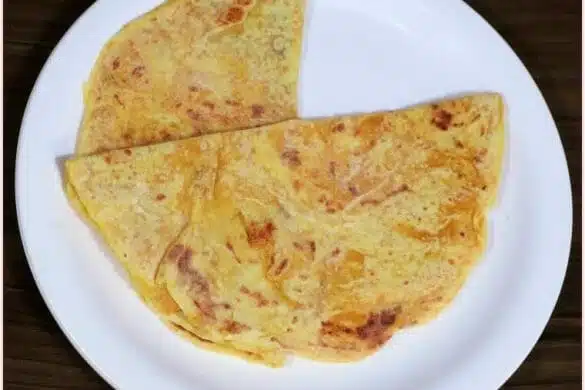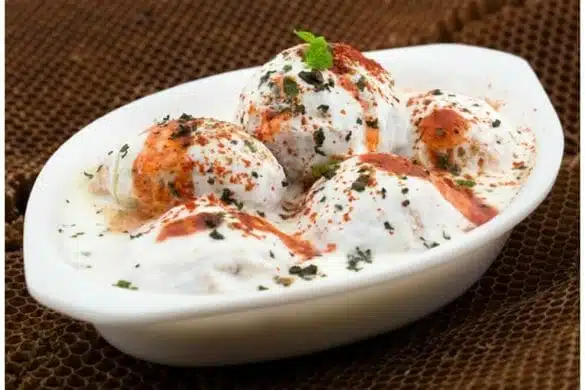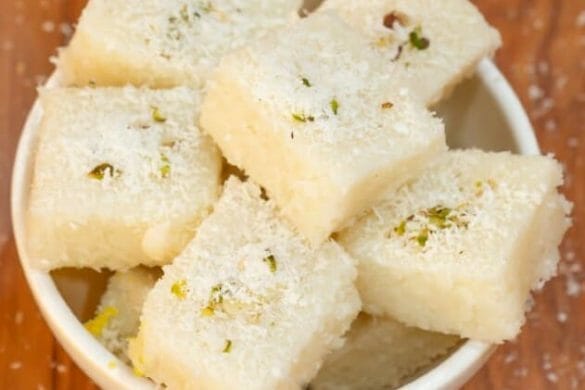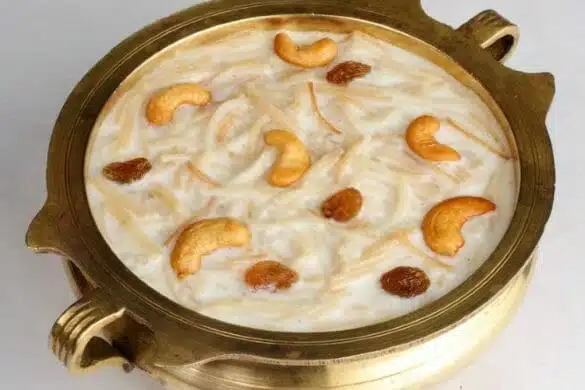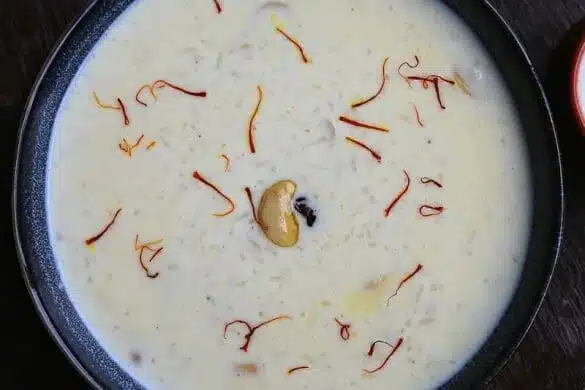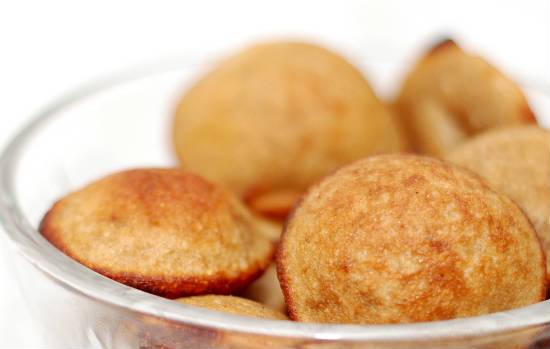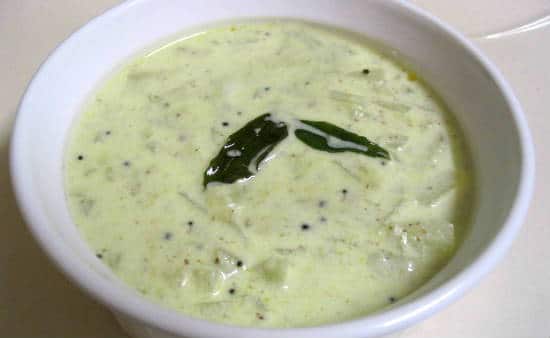Puthandu, or better known as Tamil New Year, is the celebration of the first day of the Tamil new year traditionally in mid-April by people of Tamil origin in Tamil Nadu and Puducherry in India, and by the Tamil population in Malaysia, Singapore and Sri Lanka. The Tamil New Year follows the Nirayanam vernal equinox and generally falls on April 14 of the Gregorian year. April 14th marks the first day of the traditional Tamil calendar and this remains a public holiday in both Tamil Nadu and Sri Lanka. Tropical vernal equinox fall around 22 March, and adding 23 degrees of trepidation or oscillation to it, we get the Hindu sidereal or Nirayana Mesha Sankranti (Sun’s transition into Nirayana Aries). Hence, the Tamil calendar begins with the same date which is observed by most traditional calendars of the rest of India as in Assam, Bengal, Kerala, Manipur, Orissa, Punjab etc not to mention Nepal, Burma, Cambodia, Laos, Sri Lanka and Thailand. The 60-year cycle is also ancient and is observed by most traditional calendars of India and China, and is related to 5 revolutions of Jupiter according to popular belief, or to 60-year orbit of Nakshatras (stars) as mentioned in Surya Siddhanta.

